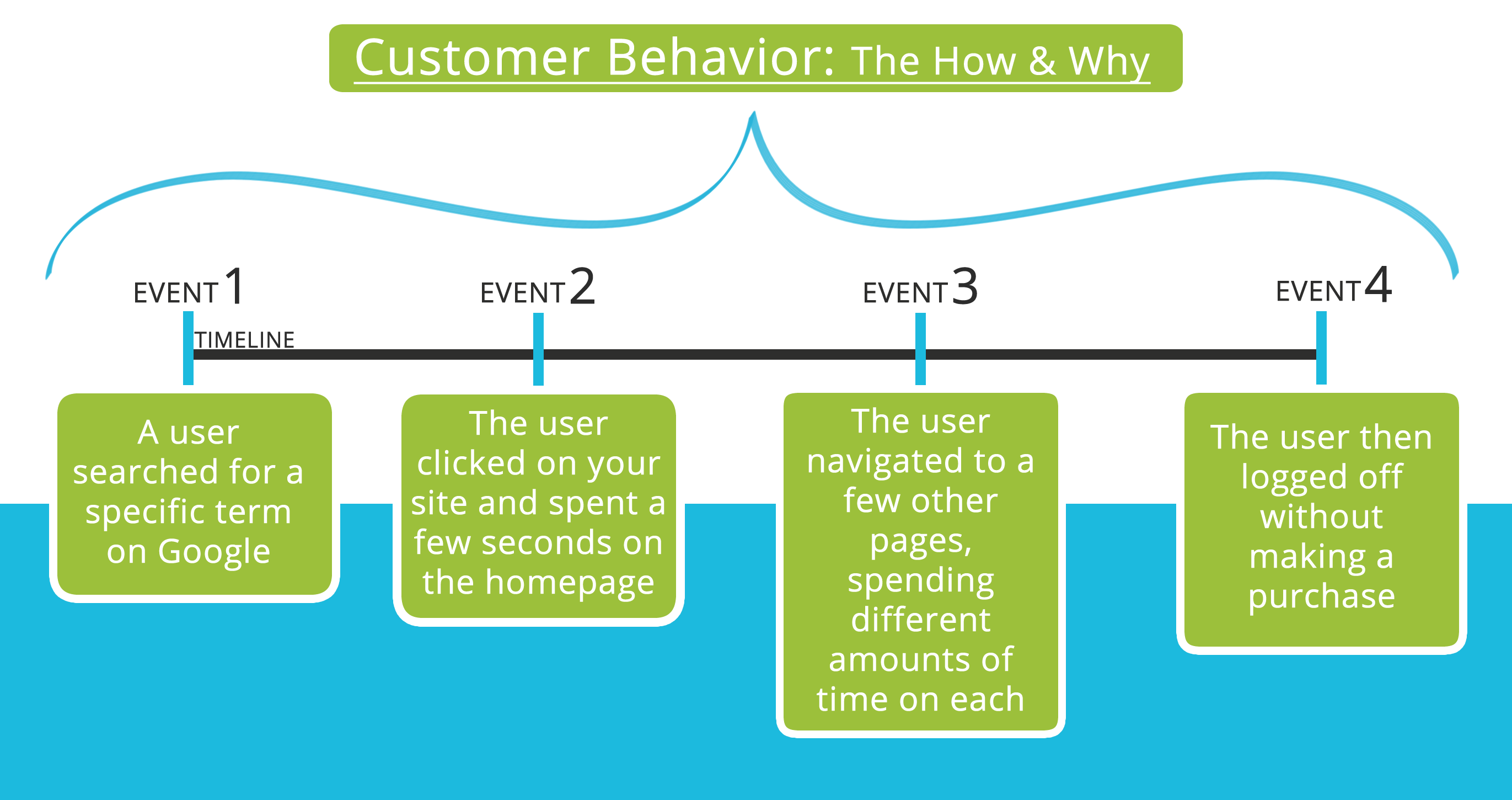Artificial intelligence (AI) is revolutionizing the way we use computers. AI empowers computers to scan data, derive conclusions, and make decisions in a way that simulates human thought. With AI, computers can perform the same thought processes as people, but on a much faster and much larger scale. Over the next 20 years, this has the potential to increase profitability by an average of 38%.
Retailers are already using AI to revolutionize eCommerce. Using AI, retailers can make strategic decisions on thousands of market data points in real-time. Advanced analytics crunch this data in order to optimize price, supply, and customer satisfaction. Retailers can then feed this analysis back into their eCommerce platform, allowing AI to drive the marketplace with little to no human input.
In this article, we look at several ways AI is laying the foundations for the future of eCommerce and online retail.
Price Intelligence

If you’ve shopped on any major online retailer recently, chances are you’ve experienced a price intelligence algorithm. Price intelligence is a strategy where retailers analyze market conditions to determine the optimal price of a product. When paired with dynamic pricing, this allows retailers to continuously adjust a product’s price in real time. This results in a price that improves the chances of a sale while maximizing the retailer’s revenue.
To determine the best price, price intelligence tools factor in data about the market and the customer. This includes consumer demand, competitor prices, stock, customer purchasing habits, and even the logistics of delivering the product. The result is a price that’s individually tailored to the customer at that point in time.
A common example is the airline industry, which uses artificial intelligence to optimize a process known as Revenue Management (RM). RM systems calculate the optimal price of a seat on a flight at by considering factors such as plane capacity, current demand, fuel prices, and the flying history of the ticket purchaser. These systems take into consideration not just the ticket price, but the total value that the passenger can generate for the airline. This is partially why ticket prices can change drastically in as little as a day.
Virtual Assistants
Personalized shopping has led to a marketplace where products are marketed to customers based on their individual wants and needs. Retailers are embracing this trend through the use of virtual assistants, AI-driven systems that interact with users using a conversational interface — typically a chat interface — in order to provide an easier, faster, and less intrusive shopping experience.
Combining virtual assistants with chat-like interfaces is known as conversational commerce. Users simply communicate what they’re looking for and the assistant handles the work of finding the product, comparing prices, and placing the order. Since the assistant has access to the user’s retail account, it can leverage user data to make educated decisions and deliver personalized options to the user.
One of the most well-known virtual assistants today is Amazon Alexa. While there are other equally capable assistants available, Alexa’s strength is its integration with Amazon’s catalog of products and services. Users can place orders in as little as three steps, plus they have access to deals exclusively for Alexa users. By rewarding users with discounts, Amazon is ensuring that virtual assistants and conversational commerce will remain a staple of eCommerce going forward.
Predictive Marketing

Retailers are also using AI to make decisions affecting the future, and predictive marketing is one such strategy. Predictive marketing leverages predictive analytics, a data analysis strategy that uses historical data to predict future outcomes. When applied to market, predictive analytics allows retailers to predict trends in the market by combining past data with current market trends.
The accuracy of predictive models increases as you apply more relevant data. The more you know about your customers’ behaviors, the better you can predict their future decisions. Using predictive marketing, clothing retailer Nordstrom increased their conversion rate from emails by 25%. By analyzing 1.2 billion product views and 200 million transactions, Nordstrom scored customers based on interactivity with different product segments. The system they developed was able to predict repeat customers with an overall accuracy of 76%.
According to Conversica, 50% of the time and budget spent on sales and marketing is wasted. Because predictive models leverage individualized customer data, retailers can follow up on leads much more quickly and with a greater rate of success. For example, predictive algorithms allow retailers to suggest products that a customer might purchase based on their purchase history. 35% of product purchases on Amazon and 75% of shows watched on Netflix are the result of recommendations based on these algorithms.
Conclusion
AI is already a $1.6 billion dollar industry and will increase to nearly 20 fold by 2025. To compete with giants like Amazon, retailers will need to leverage AI and machine learning to recognize and plan for market changes before they happen.
The AI revolution is here, and retailers who leverage it today can gain a critical foothold in the intelligence-powered marketplace of tomorrow.

